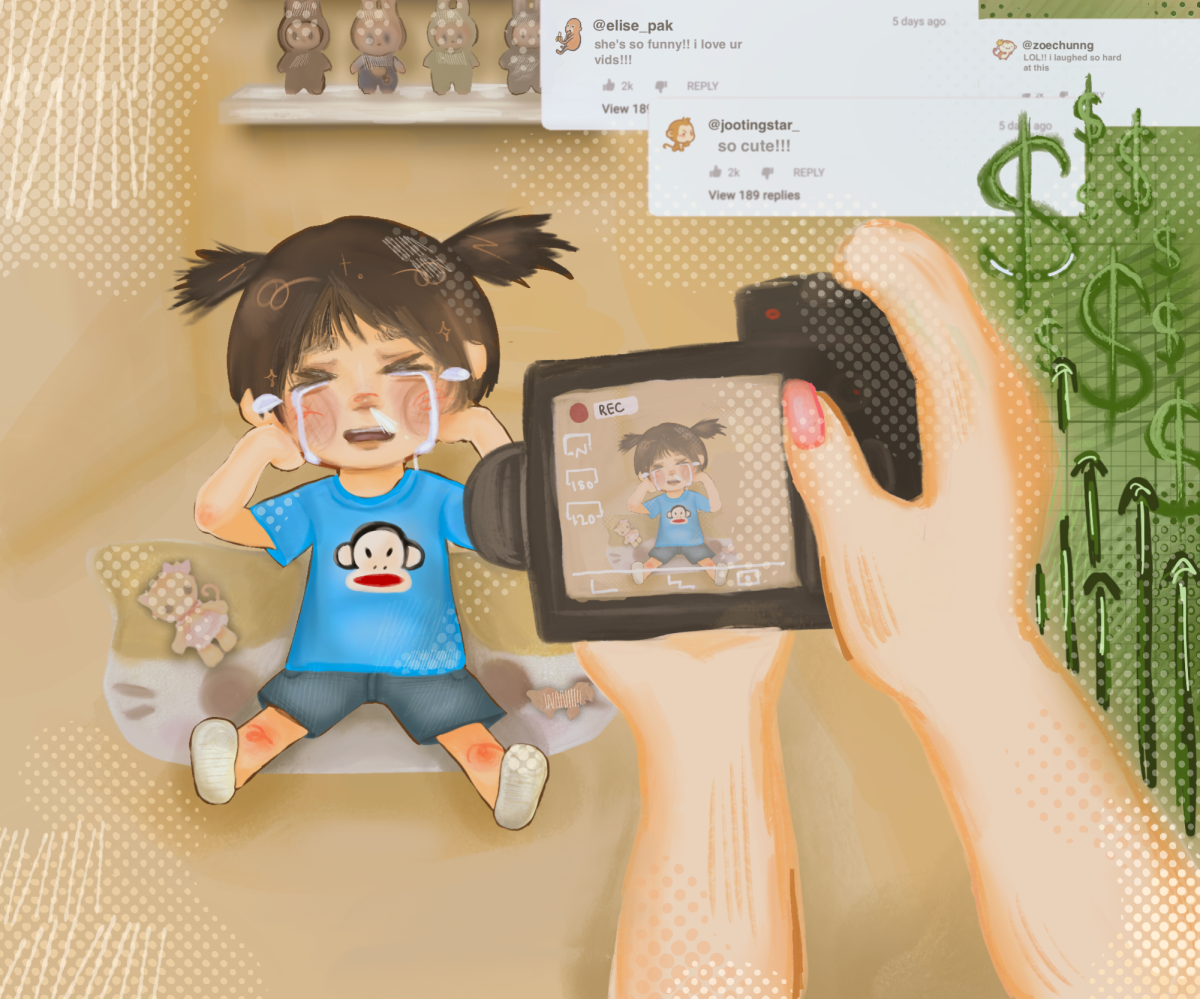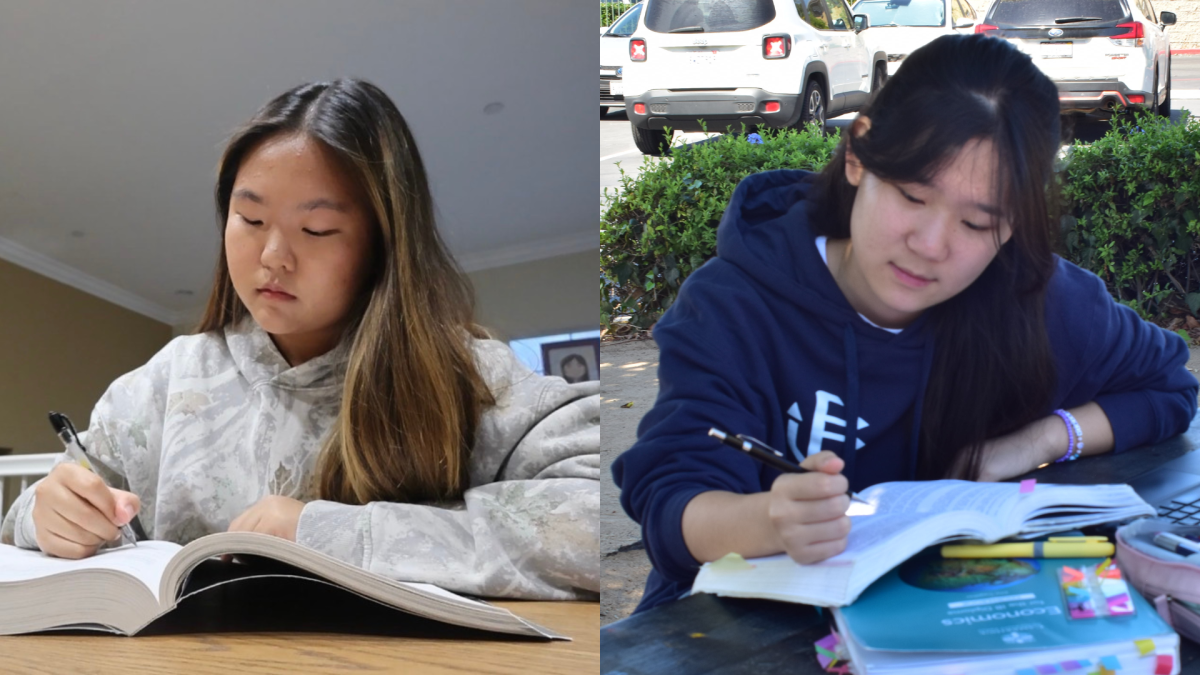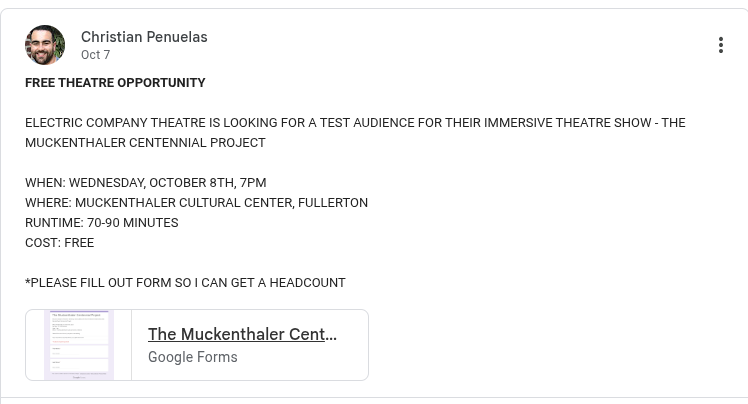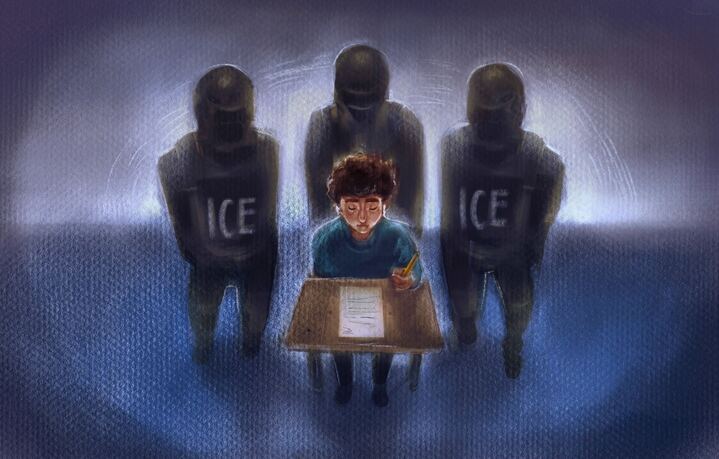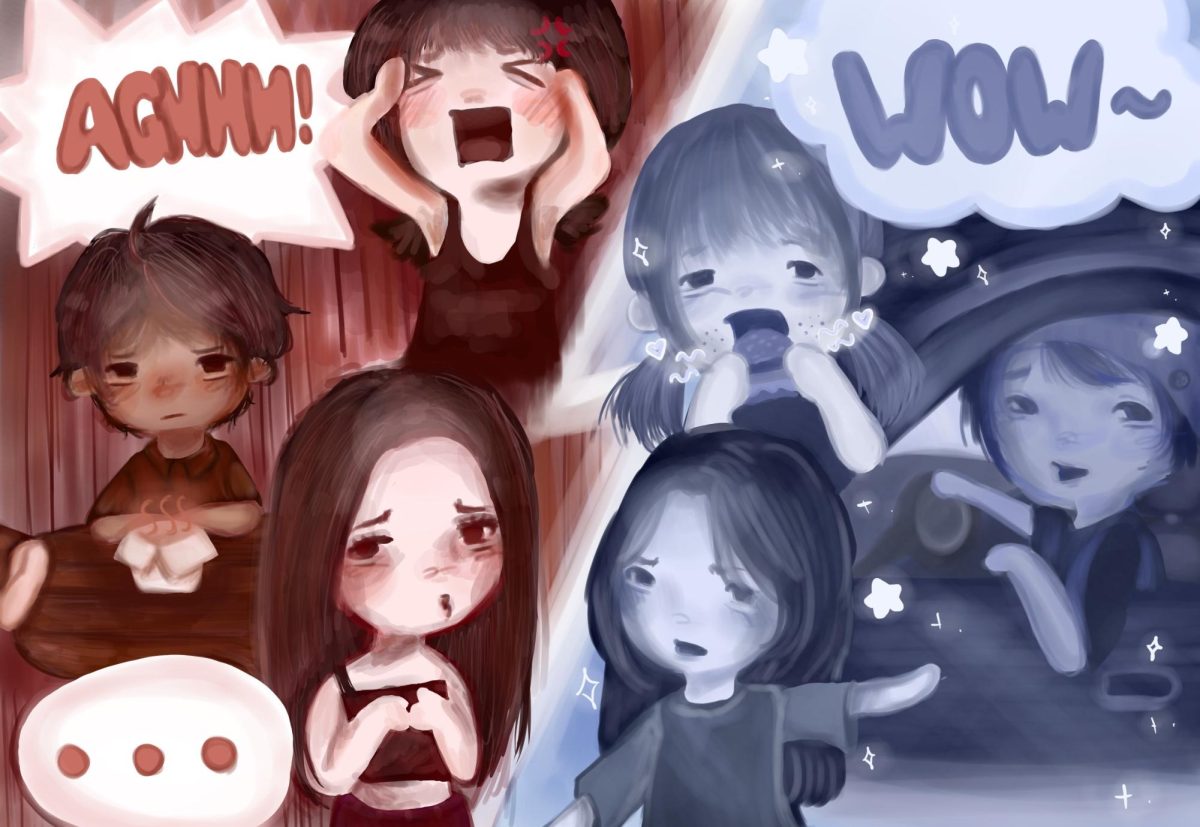It began as something to fear.
The red pen came in many hands — teachers, peers, even family — each one tearing through my work with sharp, decisive strokes. A line through a phrase. A question mark beside a sentence I thought was clear. It slashed across my paper, creating a chasm between where I stood and where I wanted to go. The marks made me second-guess myself. They made me wonder if I was missing something everyone else already understood.
What I feared wasn’t really the ink, but what it represented: being wrong, being unclear, being misunderstood. But as time passed, I began to see the red pen differently. It wasn’t just pointing out flaws — it was pointing toward possibilities. It wasn’t there to shut me down but to push me to think more deeply — to look again.
I started asking for feedback rather than avoiding it. I welcomed comments, not because I wanted to be torn apart, but because I wanted to understand. Even disagreement became valuable — not a threat to my ideas, but a test of how well I understood them. The process was no longer about approval — it was about clarity.
I experienced moments when I wanted to crumple up the pages and walk away from the weight of all those corrections. But each time I returned, something small had shifted — a stubborn sentence softened, an idea stretched a little further, a new connection sparked. The red marks, once wounds, became threads weaving me closer to the heart of what I wanted to express.
The red pen taught me to look closer. Not just at words but at meaning — to how ideas are shaped and how they land. It taught me to slow down and ask: What am I really trying to say? Why does it matter? What’s missing here?
As I grew more comfortable with these questions, they began to follow me in other facets of my life. The red pen didn’t just help me revise my words but also how I saw and communicated with the world. It made me more patient, more attentive, more willing to listen.
I used to think the red pen was just about correcting errors, but it became something more — a means to rewrite. A reminder that everything, even ourselves, exists in drafts. That clarity doesn’t arrive all at once; it’s something we constantly revise toward. And that willing to admit one’s faults and rephrase is sometimes more powerful than getting it “right.”
I’ll keep carrying the red pen with me — not necessarily for what it crossed out, but for how it taught me to bask in the unfinished, to embrace the draft and to understand that we are always in the process of becoming.




